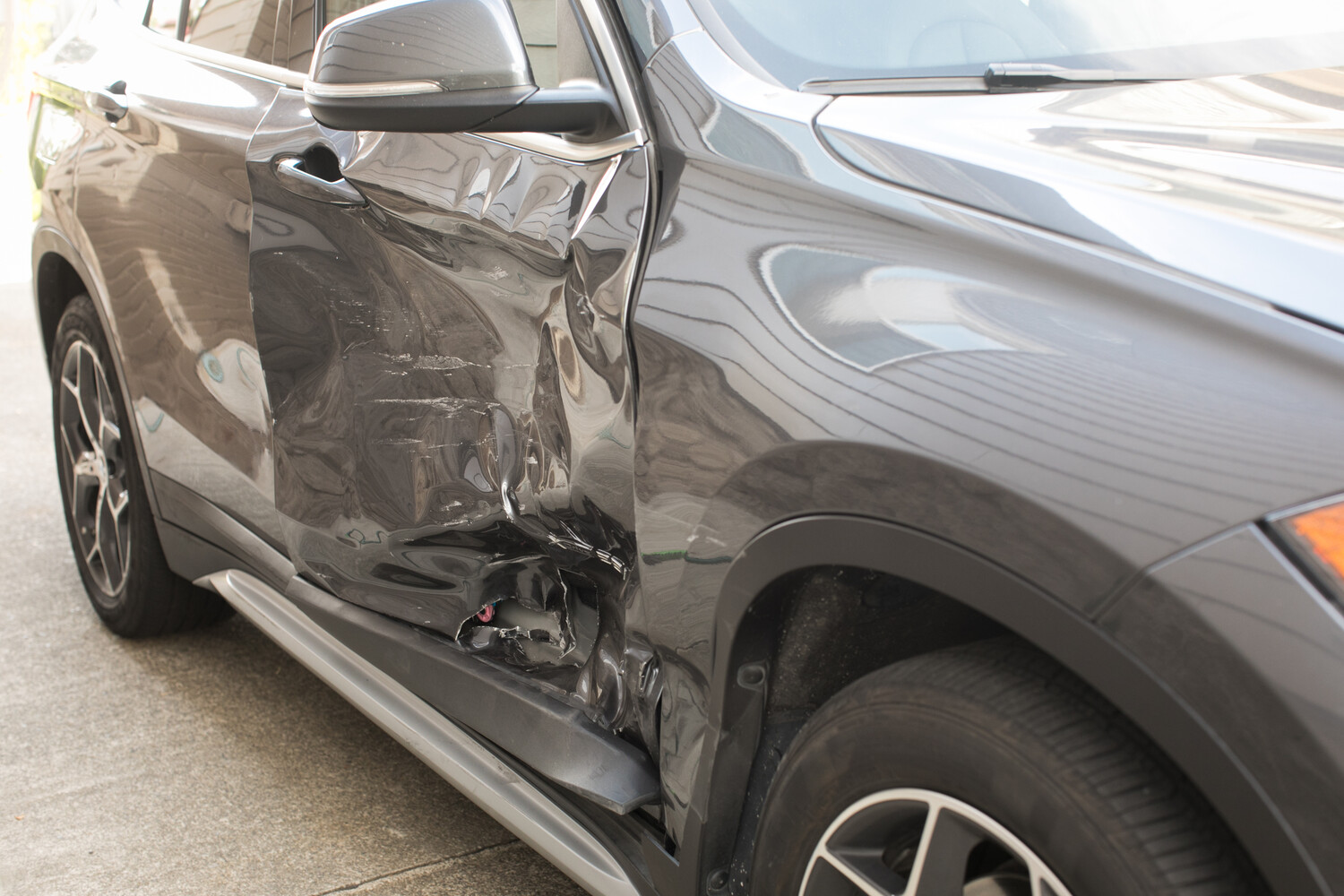RECENT POSTS
Categories
Economic Damages: Legal Definition & How it Applies to Personal Injury
Personal injuries come in all shapes and forms. However, they all have one thing in common: they cost you something.
Of course, cost is always relative. The types of things that you lose due to an injury can be just as varied as the cases themselves. From relationships to the function of your body, these losses can be small or large. But when it comes time to take a personal injury case to court, the goal is often to recoup these losses, financially.
When you are awarded money to make up for financial strain caused by negligence, the legal system refers to it as economic damages.
Today’s article goes into depth about:
- What qualifies as economic damage
- How economic damages factor into your personal injury lawsuit
- How economic damages are calculated
Keep reading to get a deeper understanding of what economic damage means for you and your case!
What Are Economic Damages?
At its most basic, economic damages can be defined as verified monetary losses resulting from negligence. But determining whether or not they apply to your lawsuit or situation can be trickier for the average person.
Part of this is due to the fact that many different things fall under the branch of economic damages. Examples of economic damages may include:
- Medical Expenses - These can include both past, current, and future expenses linked to your injury.
- Medication - The cost of medication can be taken into consideration for economic damages, particularly if prescription medication is required.
- Physical Therapy - Physical therapy can be necessary to ensure that you recover full range of motion and avoid future pain. But it can be costly.
- Accommodations - Accommodations or modifications needed to help you with your injuries including ramp installations, stairway elevators, or home renovations could all be taken into consideration when calculating economic damages.
- Lost Wages - If your injury has prevented you from working, the wages that you have lost during that time would be considered economic damages.
- Loss of Earning Potential - Sometimes injuries can cause you to miss out on other earning opportunities, including independent jobs, promotions, or even whole career paths.
- Property Damage - If the accident damaged your property or required you to have any form of repairs, these would be considered economic damages.

Understanding Different Types of Damages
Feel like you’ve got a good understanding of economic damages? Occasionally, it can get complicated when you factor in the other types of damages that may or may not be a part of your case.
We’re breaking down the basic differences, so that you can feel confident and prepared.
Economic vs. Non-Economic Damages
Economic damages are fairly simple to understand, as they can come with a clear paper trail, including bills, credit card statements, and other forms of documentation. Non-economic damages, on the other hand, can feel a bit more nebulous.
Non-economic damages are designed to cover emotional, mental, or personal losses that may be caused by someone else’s negligence. This may include:
- Loss of friendships, family, or other working relationships
- Emotional distress
- Depression and/or loss of enjoyment of life
While it might seem difficult to assign a monetary value to these things, non-economic damages are a way for the legal system to fully compensate you for the variety of ways that negligence can affect your life.
Economic vs. Punitive Damages
When it comes to a lawsuit, negligence is measured in many different ways. In most cases, negligence is considered unintentional.
But if negligence takes place in a deliberate or premeditated manner, the way the court determines damages may change. In this case, the court may choose to award what are called punitive damages.
Punitive damages are typically awarded on top of economic and non-economic damages. Their purpose is not to compensate for any injury itself, but rather to further punish the defendant for their actions. Punitive damages are an attempt to discourage others from taking part in the same behavior.
How To Calculate Economic Damages
Calculating damages is a tricky business, particularly for non-economic damages. Economic damages can be simpler to calculate, simply because they often come with specific numbers attached to them.
Your legal team will typically have you gather documentation of any lost finances for them, including:
- Pay stubs
- Medical bills
- Invoices
- Receipts
All of these will be calculated and taken into consideration. The final number may also be adjusted to account for future and ongoing losses, such as continued absences from work or treatment plans.
How Do Economic Damages Affect Your Personal Injury Case?
Now that you understand what economic damages are, we’ll break down how they are related to personal injury.
When you file a personal injury lawsuit, the end goal, typically, is to get financial compensation for what you’ve gone through. As such, economic damages will likely be the bulk of your financial settlement.
That’s not to say that you can’t also receive punitive or non-economic damages. But, because economic loss is the easiest to prove and demonstrate to the court, economic damages are more often than not, the surest bet.
Are There Caps on Economic Damages?
Different states have laws about the caps on the damages that you can receive. However, these rules only apply to non-economic damages.
These caps exist to set a limit for juries, so that they don’t award unusually high damages for harm that is difficult to quantify. These caps usually have a set number that they can’t go above. However, the exact number will vary depending on the state where the incident took place.
Economic damages, on the other hand, have no need for these caps, as the evidence is easily proven.

Maximizing Compensation For Your Injuries
Want to make sure that you get the most out of your personal injury lawsuit that you can? While the results of your case are ultimately up to the judge and jury, there are several things that you can do to set yourself up for success.
Consult With A Qualified Professional
The best way to ensure that your case goes your way, is to work with a legal team who understands personal injury lawsuits inside and out. Take your time researching local firms, looking at their experience, results, and client reviews.
Many law firms will also offer free consultations, in order for you to get a sense of what working with them will be like. We recommend coming in with a list of questions that you want answered.
Keep All Relevant Documents
Your economic damage award will largely be determined by the financial losses that your legal team is able to prove that you’ve suffered. Keeping any and all documents related to this is key!
After your injury, we recommend keeping a record of all relevant documents and communications. This can include things like bills and receipts from the list above. However, it’s also a good idea to save emails, texts, and other communications with medical professionals and employers.
File an Official Report
After your injury, it’s important to file a report with the proper authorities. This could include police or local law enforcement, as well as HR and your workplace, depending on your situation.
Having an official report on file can make a huge difference when it comes to the results of your case.
Wettermark Keith Is Your Local Personal Injury Expert
When you’re ready to pursue legal action, Wettermark Keith is right there with you. We’re one of the nation’s leading personal injury law firms, with a deep commitment to client care and communication. We serve residents of Alabama, Tennessee, and Florida.
Contact our team today to set up a free consultation, and learn what you can expect from your personal injury lawsuit.
Ready to work together? Contact us today for a free consultation.
HERE'S WHAT TO DO NEXT
If you or a loved one have been injured and think you might have a case, call us now for a free consultation.


